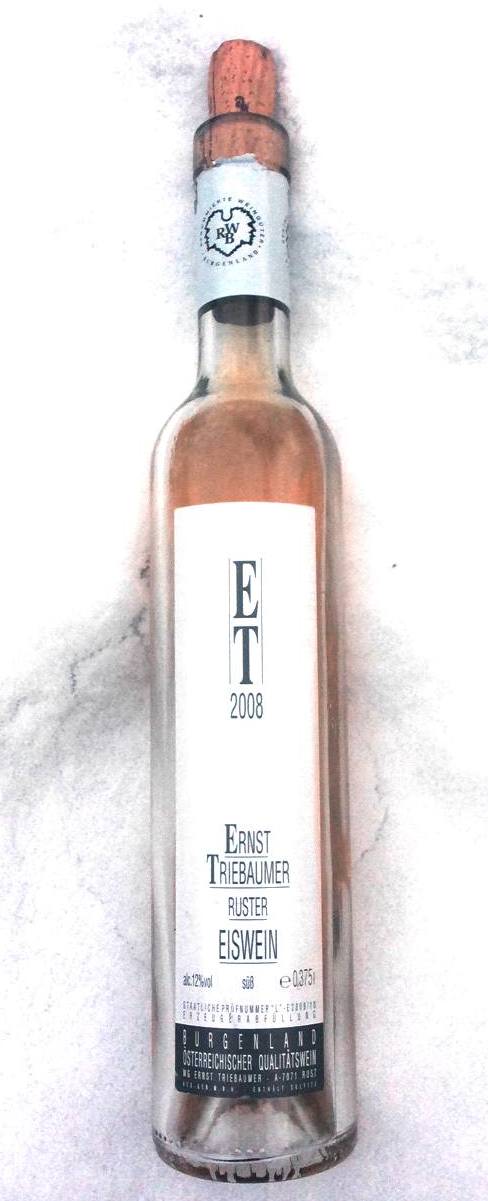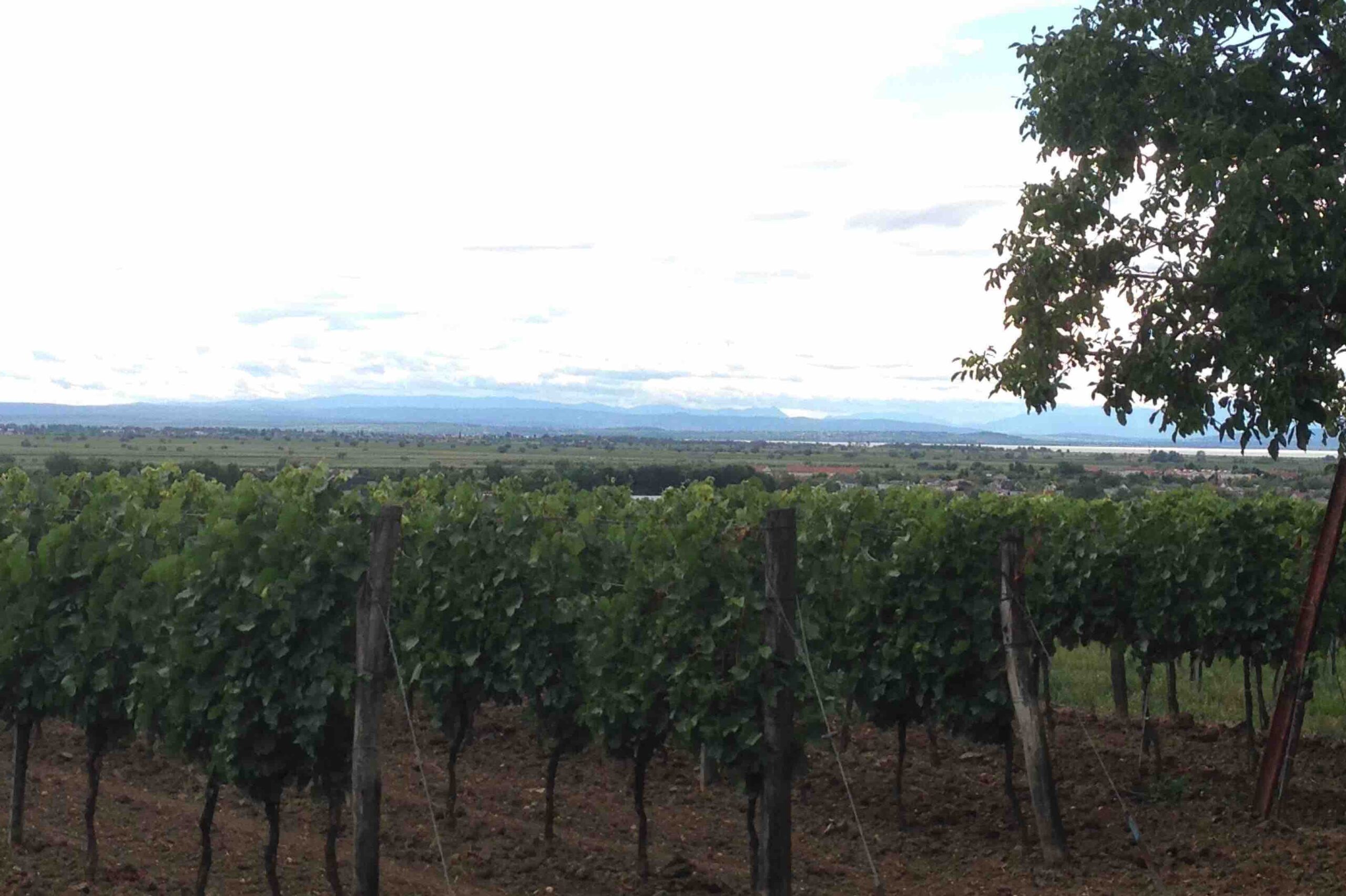
Klaus and Mecki served a 2018 Sauvignon Blanc Beerenauslese (BA) from the Robert Goldenits winery in Burgenland with a lemon sorbet garnished with aged balsamic vinegar. The winery, which I previously knew more for its red wines, is located in the extreme southeast of the Neusiedlersee wine-growing region, in Tadten.
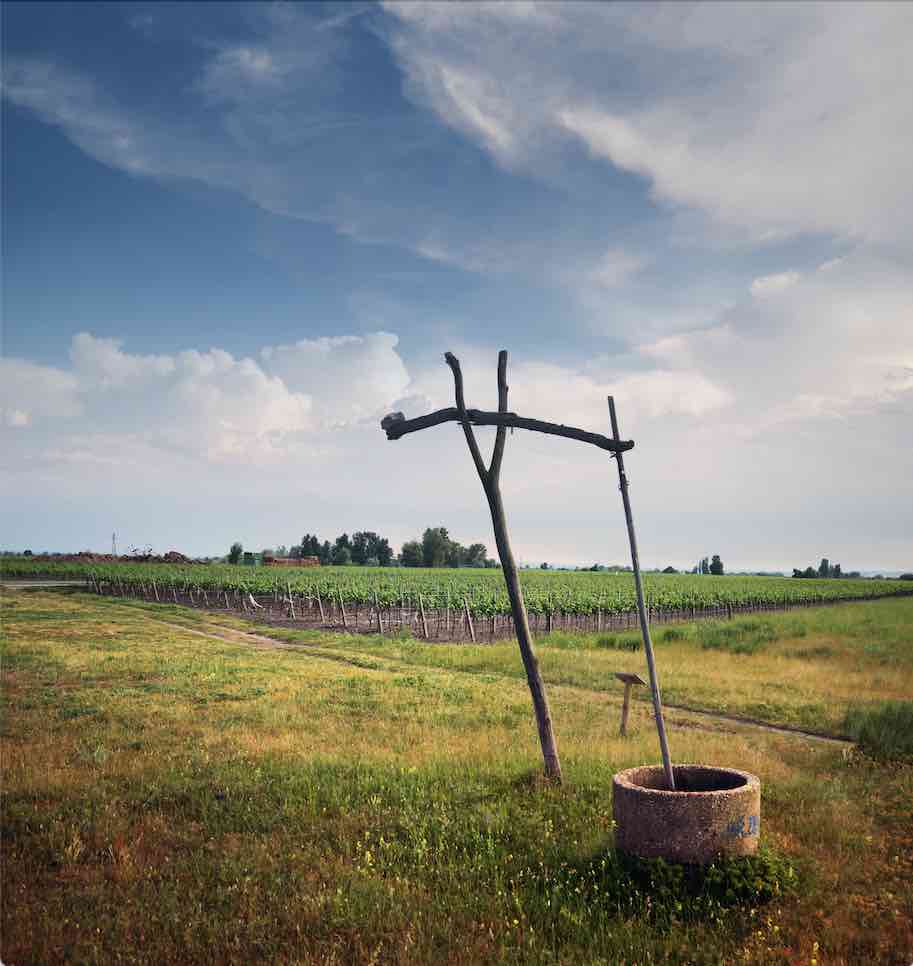
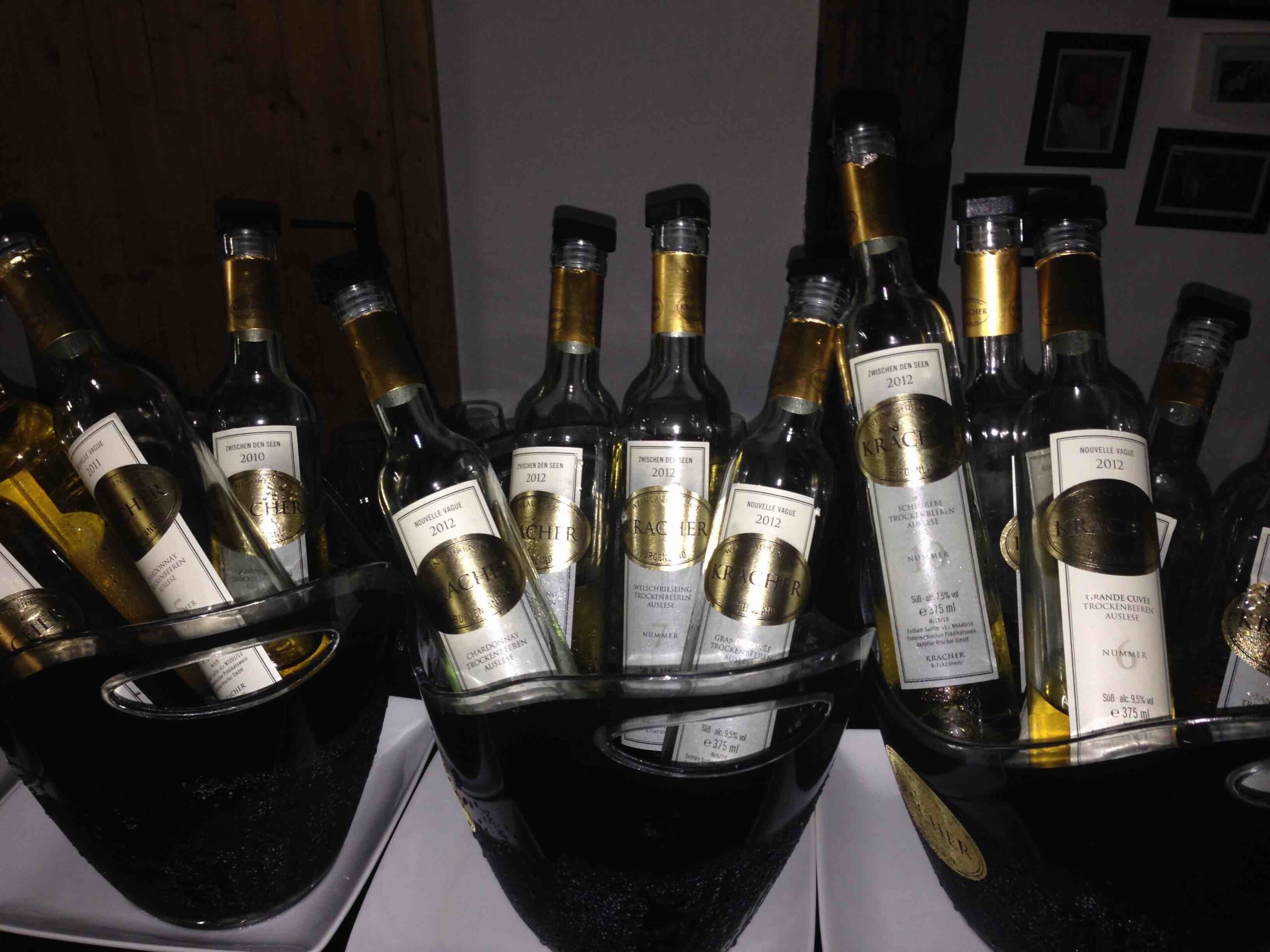
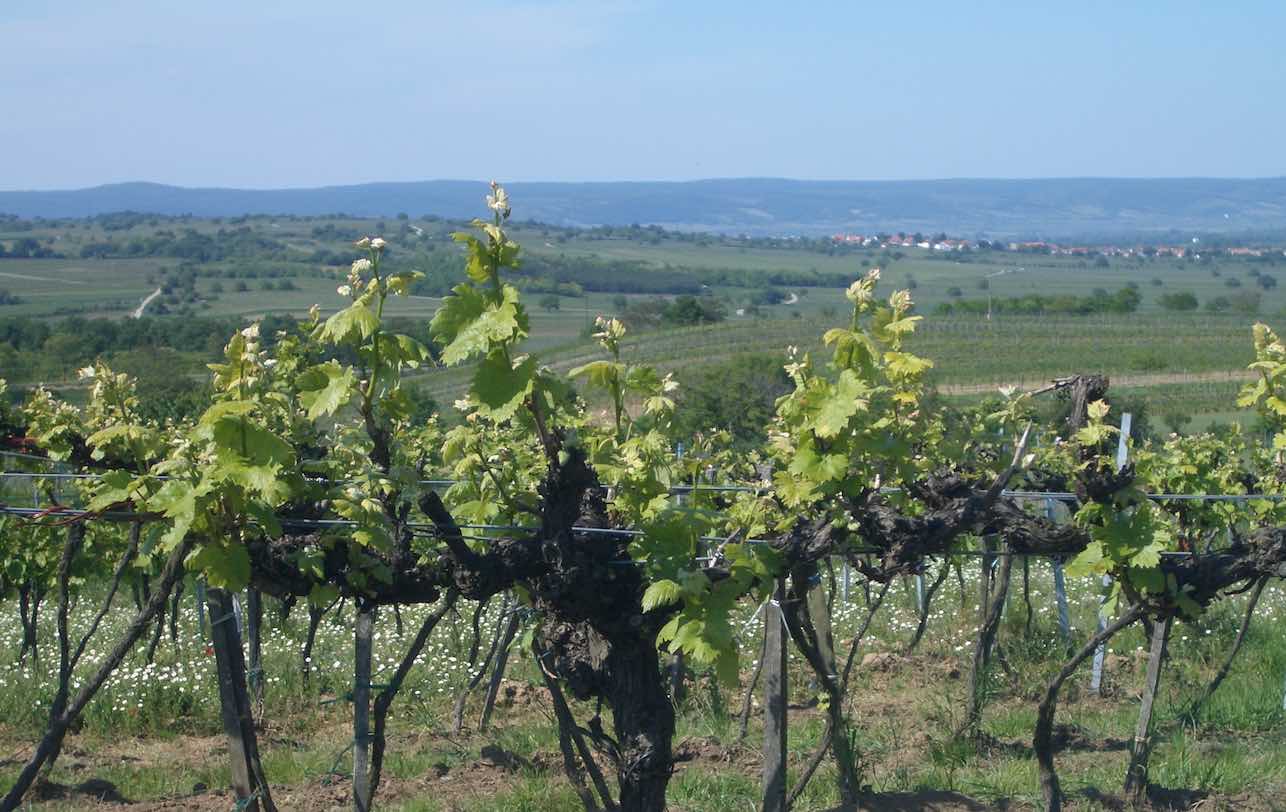
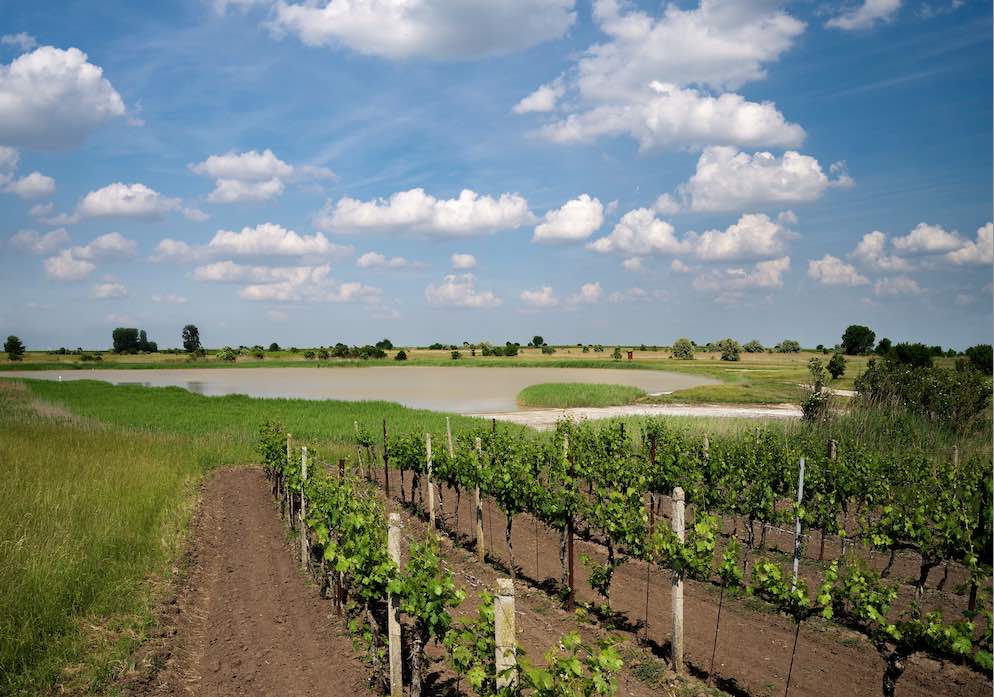
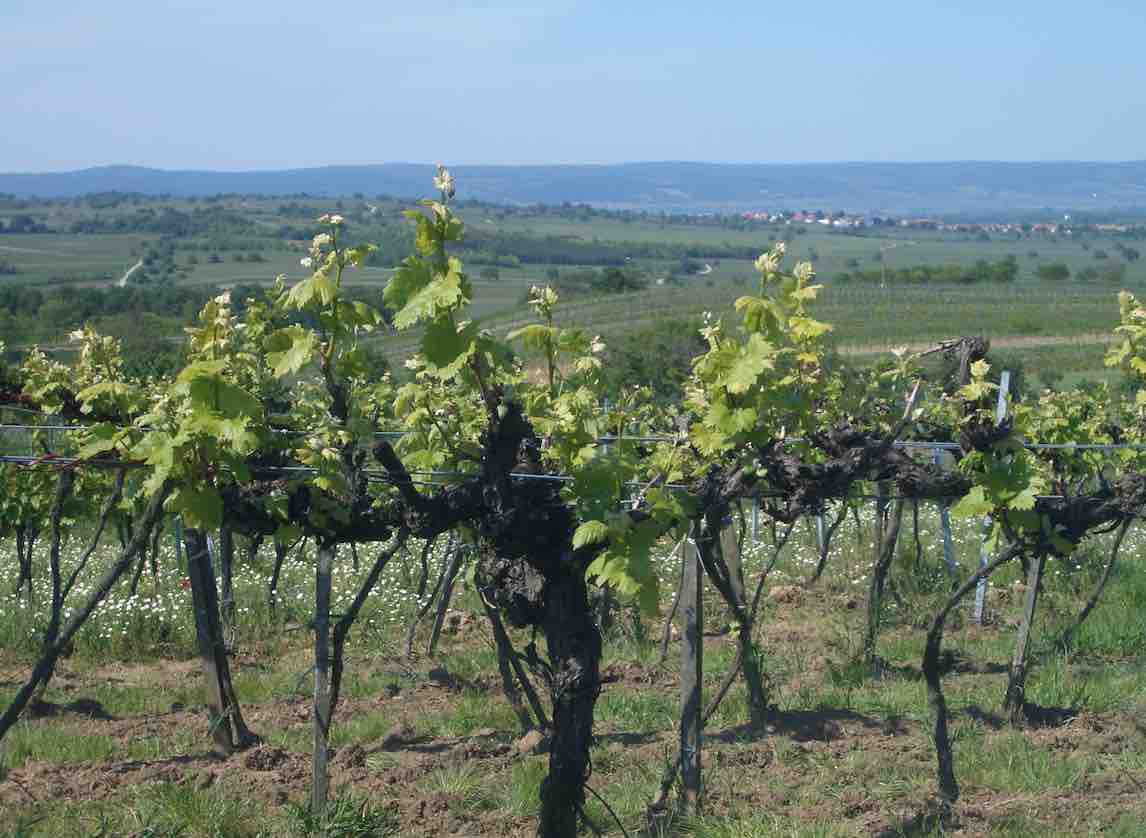
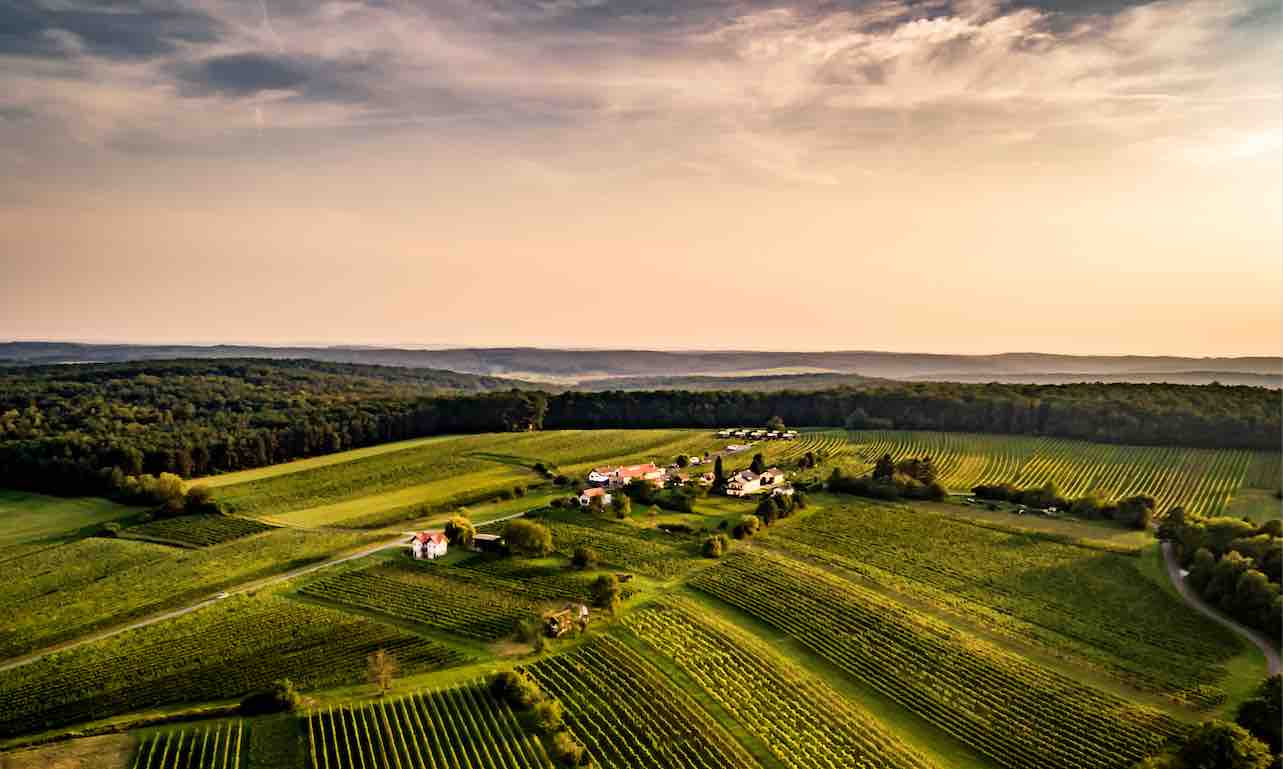
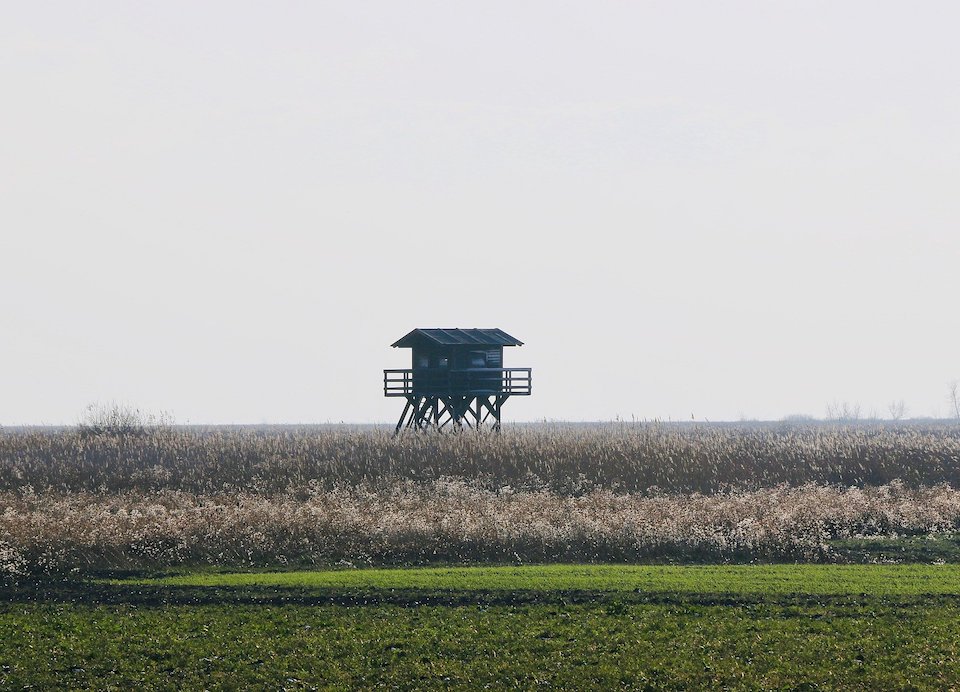
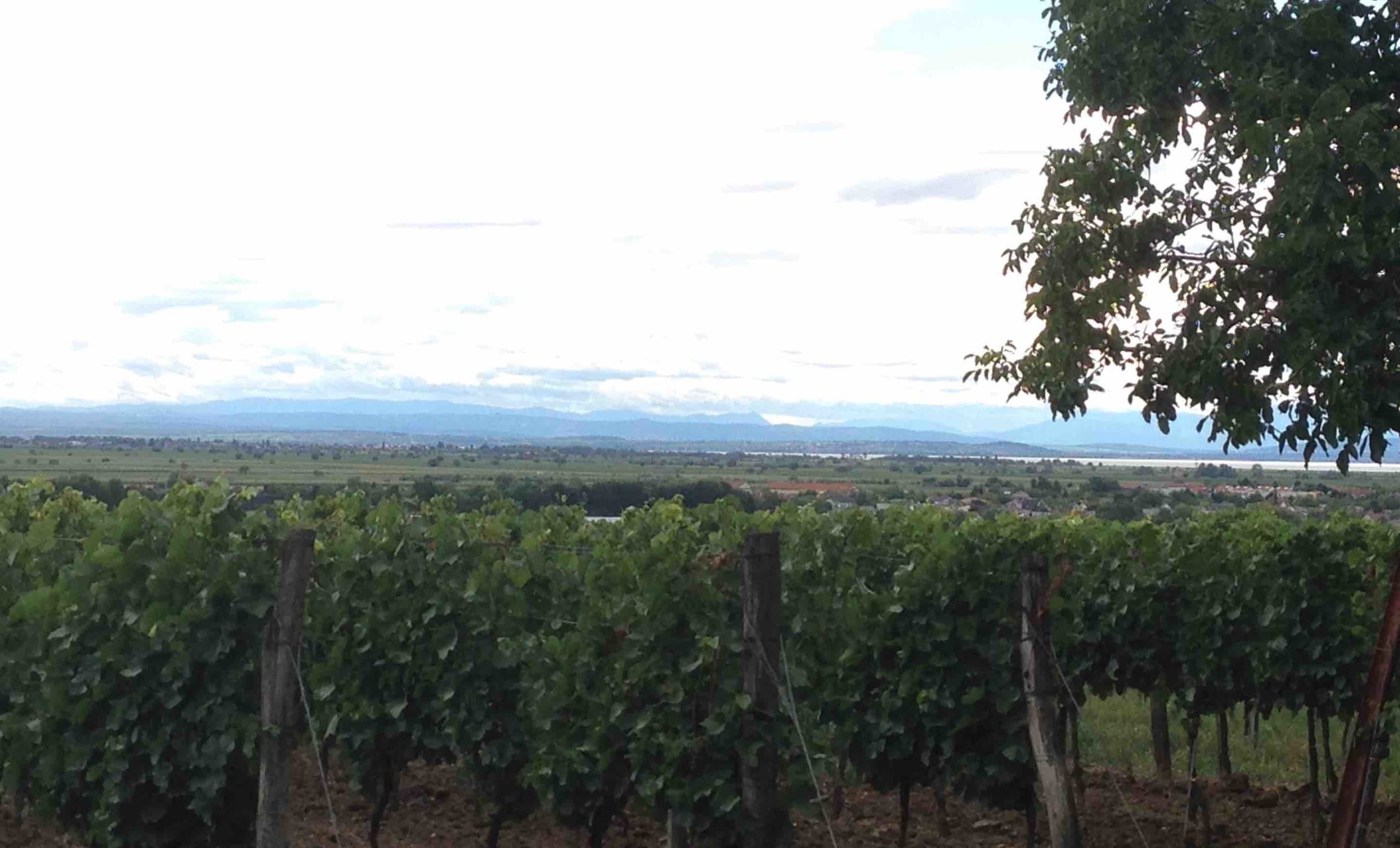
 The grape variety Muscat Ottonel delivers wines with aromas of muscat grapes, citrus and flowers. The majority of the grape variety is planted in
The grape variety Muscat Ottonel delivers wines with aromas of muscat grapes, citrus and flowers. The majority of the grape variety is planted in
